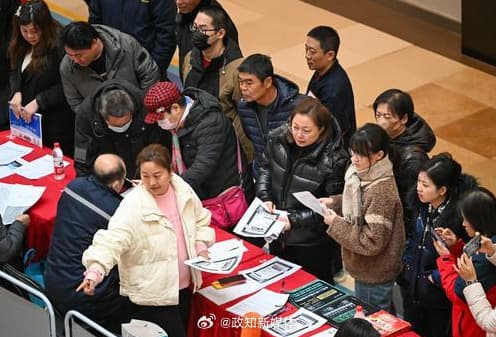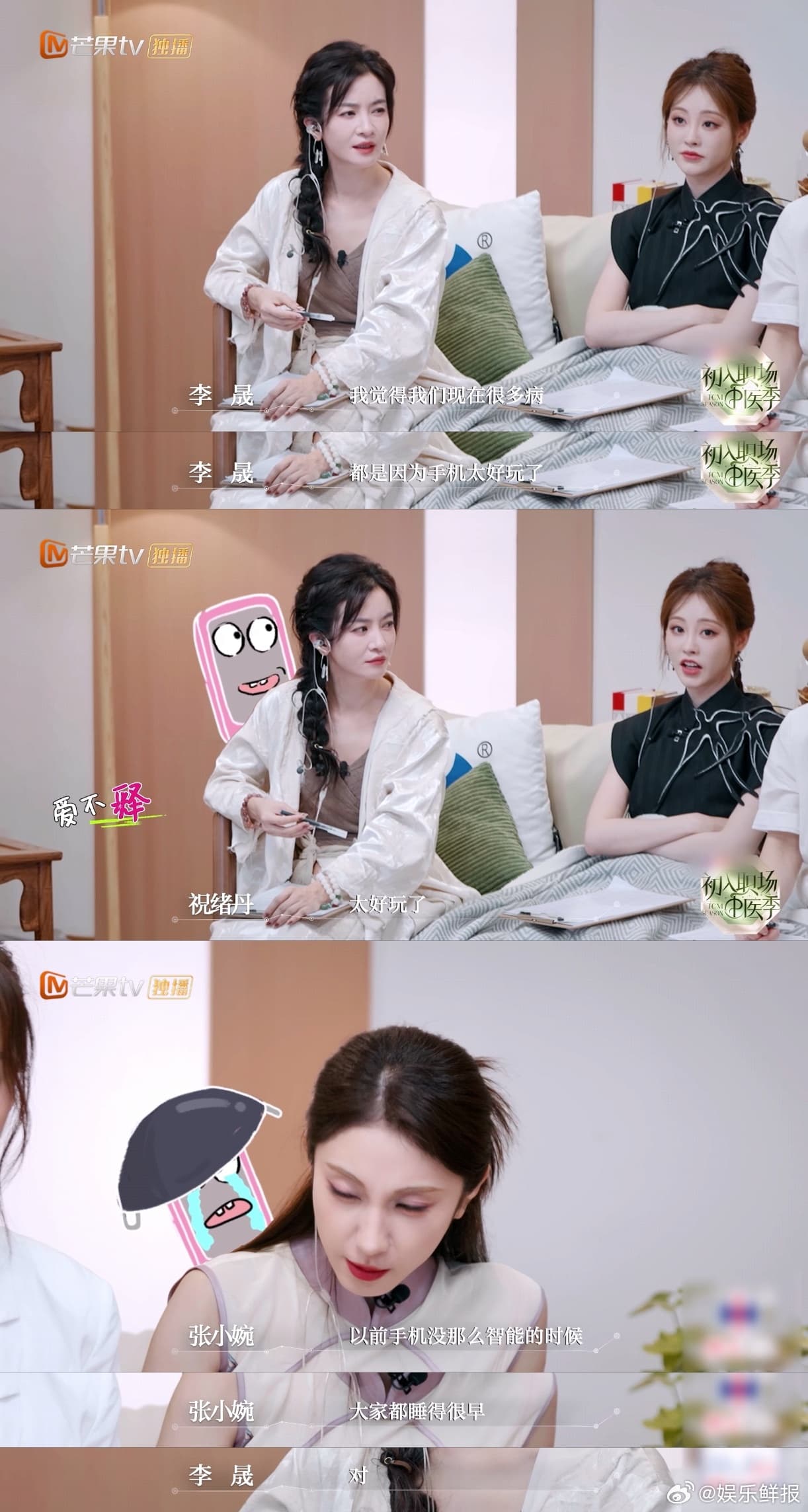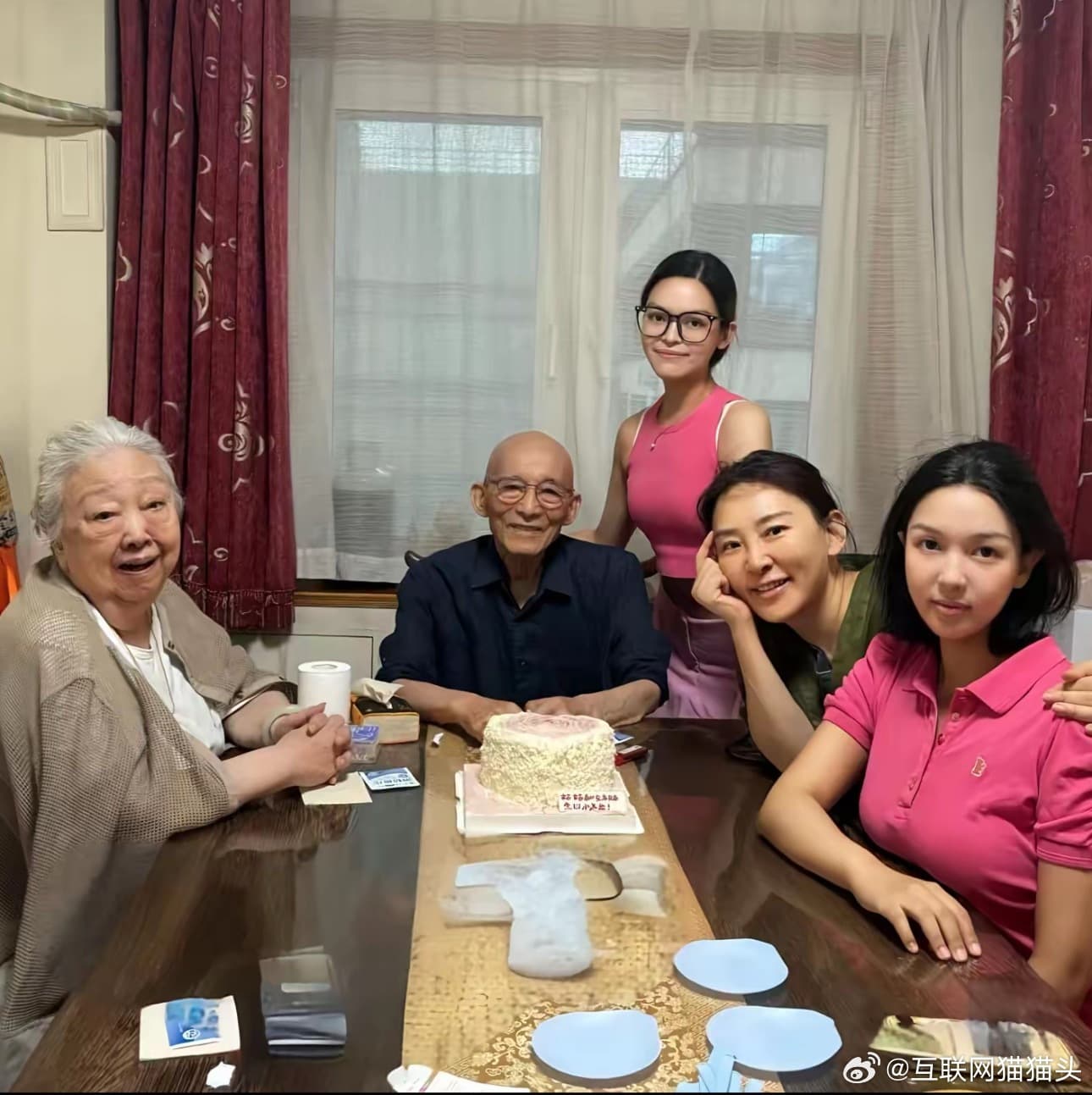Simplified Drug Labels Proposed for Elderly and Visually Impaired in China
Chinese Delegate Proposes Simplified Drug Labels for Elderly and Visually Impaired Ahead of the upcoming Chinese National People's Congress and the Chinese People's Political Consultative Conference, known as the "two sessions," a Chinese delegate has proposed simplified drug labels to improve accessibility for the elderly and visually impaired. The delegate, An Ting, who is also the Executive Vice Chairman of the Beijing Municipal Committee of the Chinese People's Political Consultative Conference and Chairman of the Hesheng International Cultural Group, has submitted a proposal to implement large print and simplified versions of drug labels. An Ting's proposal emphasizes the need for drug labels to provide essential information in a clear and accessible format. The large print and simplified versions of the labels, also referred to as the "big character version" and the "simplified version," aim to address the difficulties faced by elderly and visually impaired individuals in reading and understanding drug labels. The proposal suggests that the simplified versions should directly list the dosage unit applicable to the specific product form, while also encouraging the provision of audio, video, and braille formats as additional supplements.
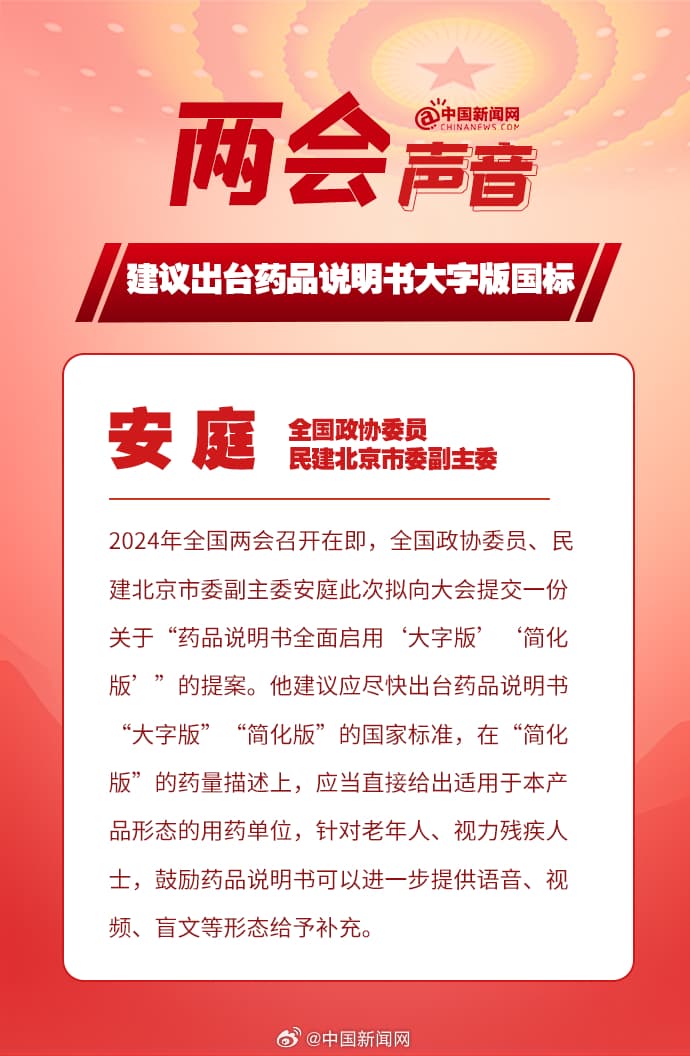
29 February 2024
Social media users on Weibo, China's popular microblogging site, have expressed their support for the proposal. User @Gy shared the news with the caption, "I hope the anti-animal cruelty law will also be promulgated to protect animals from harm and protect the kind feelings of ordinary people." Another user, @Celestialhappy, commented, "This is a good suggestion. Many people, not just the elderly and visually impaired, have difficulty reading drug labels."
Alongside An Ting's proposal, other delegates have submitted recommendations covering various topics. Liu Xiaokang, Vice President of Chongqing University of Posts and Telecommunications, suggested promoting "specialized, distinctive, and cutting-edge" academic disciplines to pave the way for innovation in higher education.
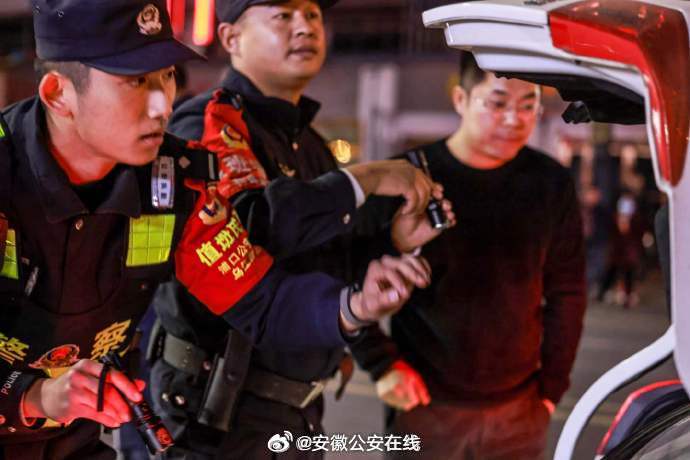
Pang Liru, a member of the National People's Congress and a professor at Beijing Normal University, proposed improving the educational qualifications of primary and secondary school teachers while also encouraging in-service teachers to pursue higher degrees. The "two sessions" are crucial events in China's political calendar, bringing together thousands of delegates from across the country to discuss and deliberate on key policy initiatives. This year's sessions are expected to tackle challenges such as promoting economic growth, addressing aging populations, and managing cross-strait relations with Taiwan. As the discussions unfold, netizens are eagerly following the proceedings and sharing their thoughts on the proposed policy changes.

Amidst these significant developments, the topic of drug label accessibility has gained increased attention, highlighting the importance of ensuring that crucial information is easily accessible to all citizens, including the elderly and visually impaired. The Chinese government has been taking steps to improve healthcare accessibility, such as expanding medical insurance coverage and promoting the use of AI and big data in healthcare. An Ting's proposal for simplified drug labels is a step in the right direction, showing the government's commitment to addressing the needs of vulnerable populations. As the "two sessions" continue, it will be interesting to see how this and other proposals are received and incorporated into China's policy framework.
